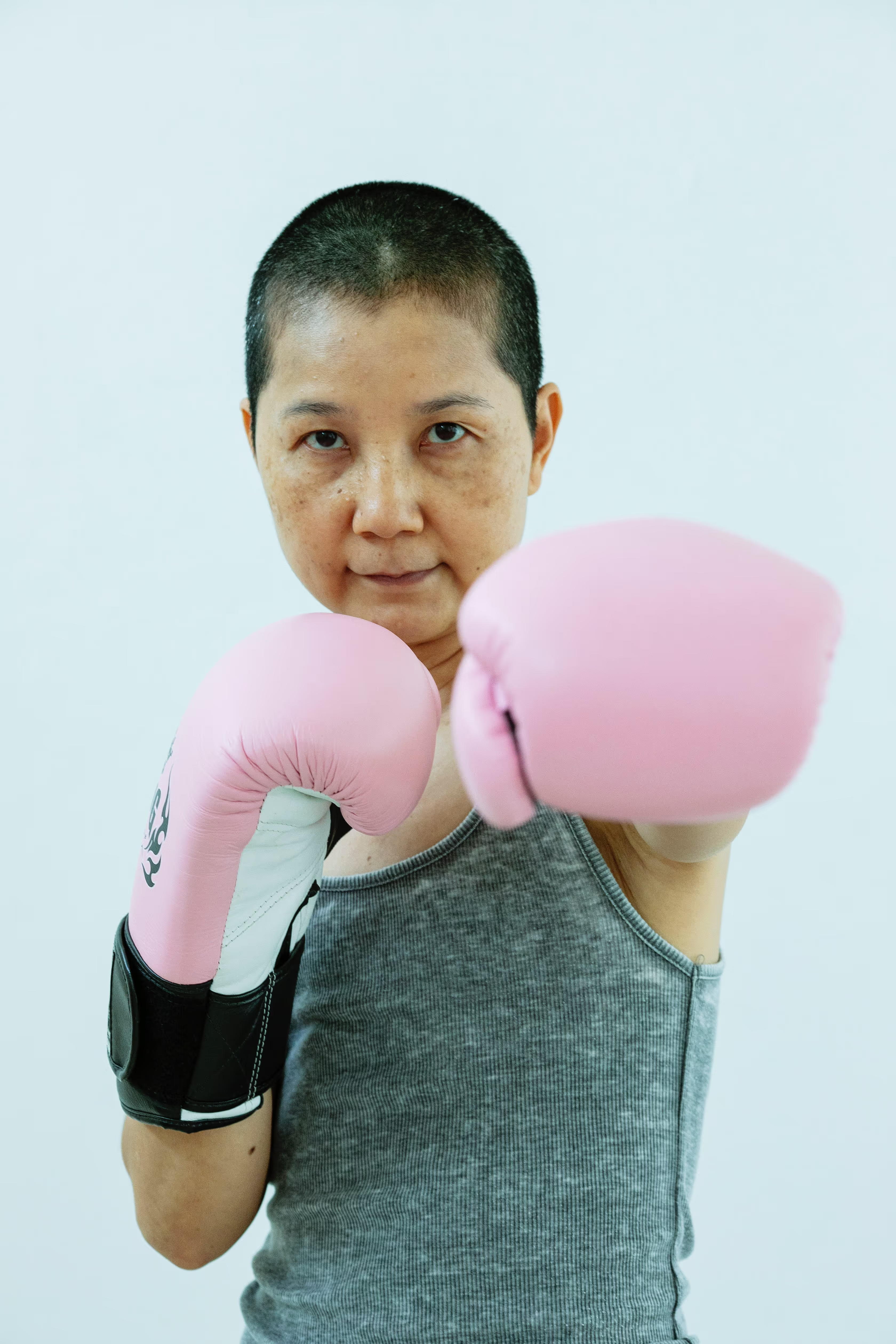What would it feel like if you were suddenly given the power to co-author your health history and change the course of your ageing script? What if you grabbed the remote-control and started removing that miserably passive character from your film and replacing it with a charismatic actor who lends it the glow you deserve?
Grabbing the remote-control to shape a new narrative is one of the many inspiring metaphors used by Prof. Moshe Szyf, the designer of the epiAge test, in a TEDx talk he gave a few years ago in Bratislava, to describe individuals’ potential to influence what initially appears to be their genetic destiny. Over the course of his talk, Szyf outlines the interplay between the age-old genetic code in our cells that transforms extremely slowly over generations through exposure to changing environments and the highly dynamic and interactive function embodied in epigenetic regulation that enables comparatively rapid adaptation to new circumstances.
The former is what has shaped a very deterministic view of our evolution – both collective and personal, ever since the discovery and gradual deciphering of our DNA. Typically, over the course of the late 20th century, there was much talk about the discovery of “the” cancer, obesity, addiction or even the gay gene(s), refuelling essentialist biochemical perspectives on seemingly inherited physical or mental health – perspectives uncomfortably close to those spawned by much older eugenic theories, but still to be found in some strands of genetic discourse and especially their popularisation in the media. Admittedly, “blaming” genes for the emergence of an auto-immune disease or the display of maladaptive behaviour as well as searching for effective DNA-based therapies is certainly a far cry from the eugenic ostracising of individuals or groups based on ideological criteria. However, for lay people, a purely genetically determinist view on health may still prove rather disempowering since it leaves remarkably little scope for personal agency, hence influence.
In stark contrast, towards the end of his TEDx talk, Szyf encouragingly affirms that: “[…] in spite of the deterministic nature of genetics, you have control over the way your genes look like. […] Even though we are determined by our genes, we have a degree of freedom that can set up our life to a life of responsibility.” This rousing statement follows the description of experiments carried out with rats and monkeys – involving for instance the cross-fostering of babies by doting versus neglectful mothers or drug addiction grooming – as well as an observational study of human subjects submitted to adverse environmental conditions. Szyf and his epigeneticist colleagues were able to demonstrate that nurture, to a far greater extent than nature (or genetics), was crucial in shaping health and well-being in all their facets, whereas, conversely, stress could negatively affect them. Indeed, both nurture and its polar opposite directly impact the methylation or epigenetic tagging of particular genes, thus controlling their expression. However, to a large extent, this mechanism can be mitigated or even reversed by modifying one’s environment and/or personal habits -as repeatedly proven through epigenetic monitoring, with e.g. the epiAge test.
So, this is fantastic news. But you may still feel daunted, when confronted with your inner voice timidly asking: “So, what can I do? Am I doing the right thing?”. Well, it turns out that you can do quite a lot to positively influence your ageing script or even shape a new health narrative. The following blog mini-series will be taking a holistic look at the strategies you can enrol to grab that remote control back. We will be examining six central pillars of anti-ageing nurture or self-care (which go beyond the hopefully self-evident pursuit of health literacy, risk avoidance and good hygiene) that you can concretely tackle and sustainably implement in your daily life – one baby step at a time:
Literature
Epigenetics - our bodies' way to change the destiny written in our DNA | Moshe Szyf | TEDxBratislava: https://www.youtube.com/watch?v=SrqmuYvk3iQ (last accessed 28.05.2021)
Dar-Nimrod I, Heine SJ. Genetic essentialism: on the deceptive determinism of DNA. Psychol Bull. 2011 Sep;137(5):800-18. doi: 10.1037/a0021860. PMID: 21142350; PMCID: PMC3394457. Accessible here: https://www2.psych.ubc.ca/~heine/docs/geneticessentialism.pdf (last accessed 28.05.2021)
Plomin, Robert, (2018), Blueprint: How DNA Makes Us Who We Are, Cambridge, MA: MIT Press.
Joseph, Jay, A ‘Blueprint’ for Genetic Determinism, Mad in America: Science, Psychiatry and Social Justice, Sept. 3, 2019: https://www.madinamerica.com/2019/09/blueprint-genetic-determinism/ (last accessed 28.05.2021)
The Sciencebehind the epiAge Test. Tracking the Epigenetic Clock: from Biological Fate toSelf-Determined Management: epiAge | Info english (epi-age.de) (last accessed 29.01.2022)
The seven pillars of self-care, International Self Care Foundation: https://isfglobal.org/practise-self-care/the-seven-pillars-of-self-care/ (last accessed 28.05.2021)
Detmedisinske fakultet - Universitetet i Oslo, Epigenetics: Nature vs nurture: https://www.youtube.com/watch?v=k50yMwEOWGU (last accessed 29.01.2022)
Picture: © Michelle Leman Kostenloses Foto zum Thema: allein, athlet, ausbildung (pexels.com) (accessed 21.01.2022)
 Back to all posts
Back to all posts